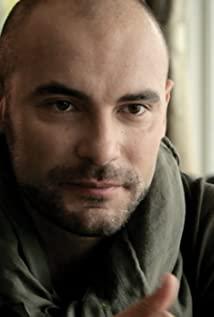I don't think the director intended to show the "ignorance" of religion.
Regarding loneliness and despair, the life-saving straw of the worldly people is the love of the worldly people, while the believers have chosen the love of God. Suffering people long for a spiritual habitat, which makes the existence of religion an absolute inevitability. However, the differences and oppositions between religion and modern secular society are unavoidable, and the "secularity" of human beings—that is, human nature (for example, their compassion for Alina can reach the point where they tolerate the destruction of icons, and Wei's compassion for Ali Na's love, a nun who lingers between restitution and perseverance at the begging of her husband) - and can't really get rid of it completely.
The entire film is thrown into chaos from the moment Alina goes mad - the brief calm is always interrupted by her frequent and unexpected madness, the nervous footsteps of the nuns, the shouting, the slamming of the door, and the shaking of the handheld camera. The sense of unease (even the fixed camera position has slight shaking) and the uneasiness created by the long shot of the movement following the characters at close range makes the viewers completely involved in the psychological state faced by Wei.
In addition, the role of Alina is a bit weak: there is no basis for sudden madness; there is no sufficient basis for the extreme rejection of "conversion" (the reason to regard God as a rival in love is still not sufficient, it is obvious that pretending to convert can keep you in Victoria side).
The film externalizes the confrontation and tug of war between religion and the secular, but there is no more in-depth discussion about the two choices of religion and the secular, and more attention is paid to the contradiction itself and the ambiguous area in it.
View more about Beyond the Hills reviews











